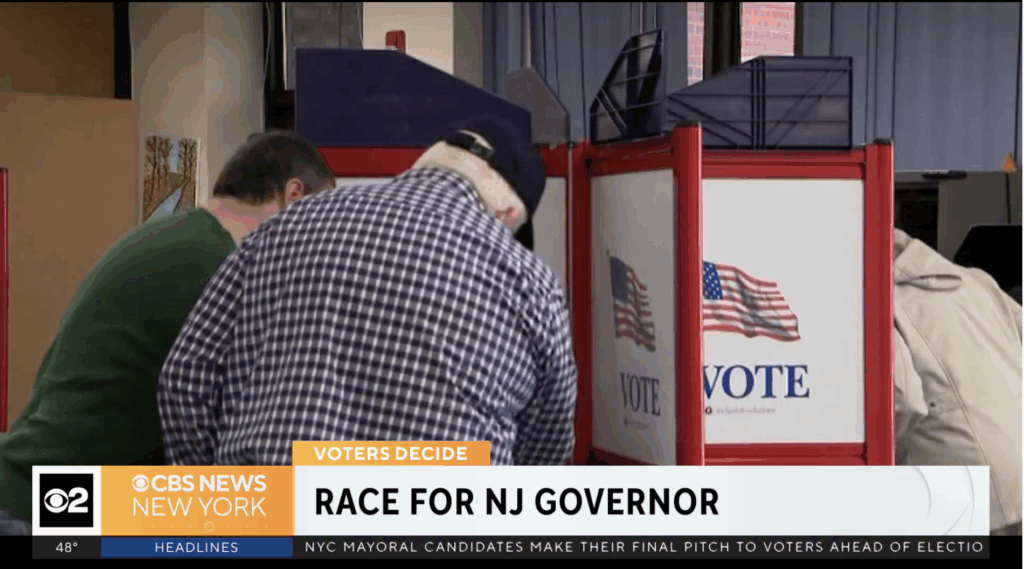Republicans warn that last-minute changes to ballot counting rules undermine voter confidence and break the basic promise that rules are set before votes are cast.
Election rules are supposed to be clear, public, and stable so voters and election officials know how ballots will be treated. Changing those rules after voting has begun creates confusion and feeds suspicion that outcomes can be engineered. That uncertainty is exactly what critics say we are seeing when procedures are altered late in the process.
‘Democrats are once again trying to change election rules at the last minute to count ineligible ballots,’ Chairman Joe Gruters said.
That quote captures a common Republican concern: rules matter and deadlines exist for a reason. If parties can rewrite what counts after ballots are submitted, then the integrity of the whole system is at risk. The fast-changing patchwork of local practices and statewide edicts only deepens doubt among voters.
Official election practices must follow statutes set by legislators and interpreted by courts, not informal adjustments by partisan officials. When election administrators rely on guidance memos, emergency orders, or selective enforcement, it invites legal challenges and accusations of favoritism. Republicans argue the right remedy is clearer laws and consistent enforcement, not discretionary fixes at crunch time.
Transparency is another frequent complaint from the GOP side. Voters deserve to see who proposed a change, why it was proposed, and how it will be applied before ballots are processed. Hidden or rushed changes make it harder to audit and harder to trust the final totals, which is the opposite of what accountable government should deliver.
There are concrete examples that fuel this distrust: evolving rules about mail-in ballot deadlines, signature verification standards, and ballot curing periods. Those details matter because they determine whether a ballot is counted or discarded, and small differences can swing close races. Republicans say uniform, legislatively enacted standards prevent partisan manipulation and strengthen public confidence.
Courts can and do play a role in settling disputes, but litigation after the fact is not a substitute for predictable rules. The legal process is often slow, and last-minute judicial orders can create chaos at the ballot box. That makes proactive legislative clarity the preferable path for those who want elections to be both fair and final.
Election officials also need practical tools to implement clear rules without appearing partisan. Simple measures like public notice periods, plain-language guidance, and consistent training for poll workers reduce errors and excuses for second-guessing results. Republicans often push for these administrative improvements while insisting that substantive rule changes go through lawmakers.
Ultimately, the Republican argument rests on trust through predictability: set the rules first, then administer them transparently and fairly. Voters who feel the system is stable and consistent are less likely to suspect foul play, and that stability is vital for a functioning democracy. Until procedures are fixed in advance and applied uniformly, debates over last-minute changes will keep eroding voter confidence.



